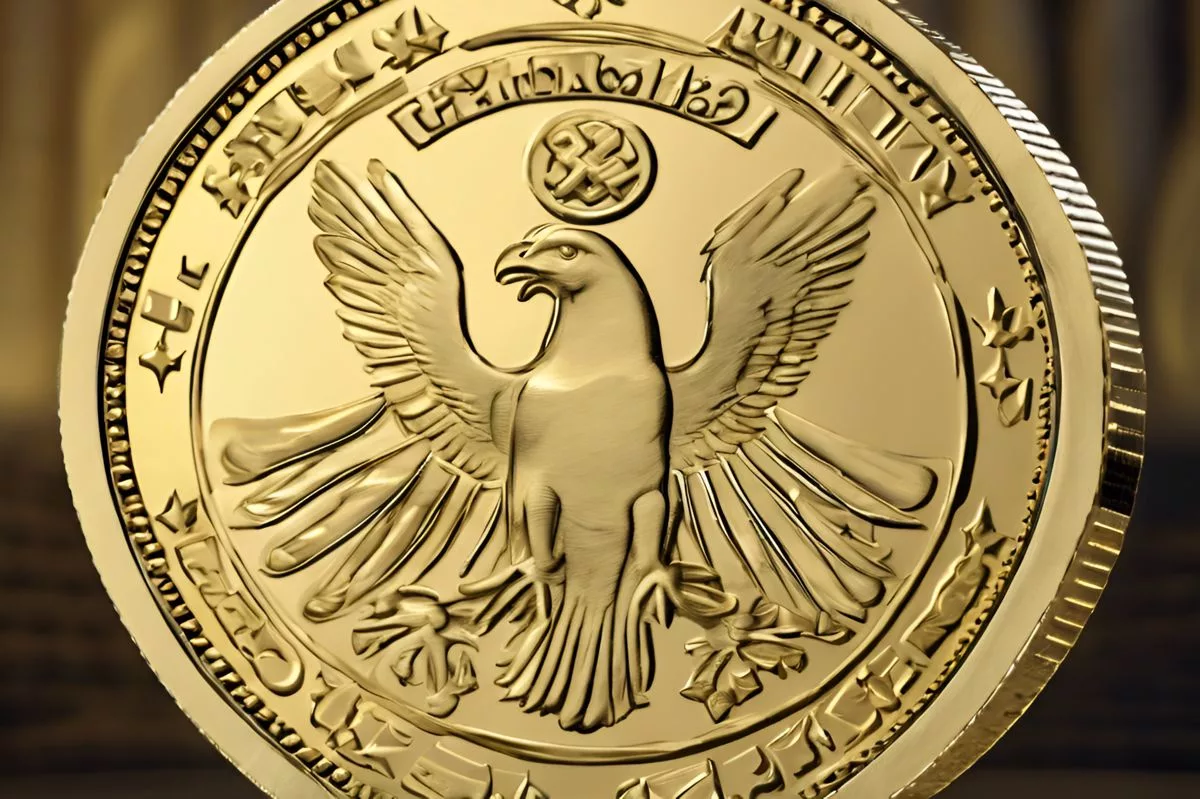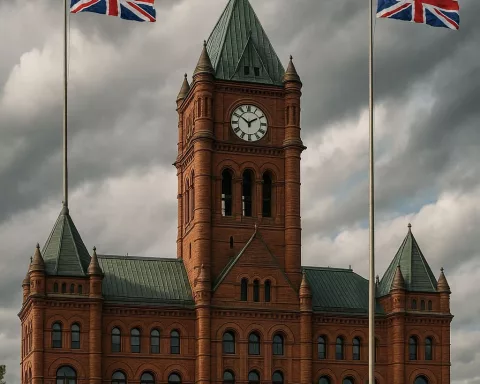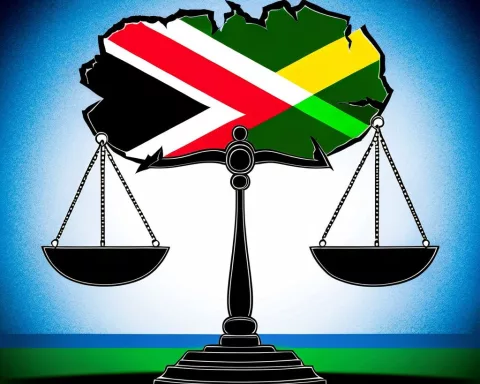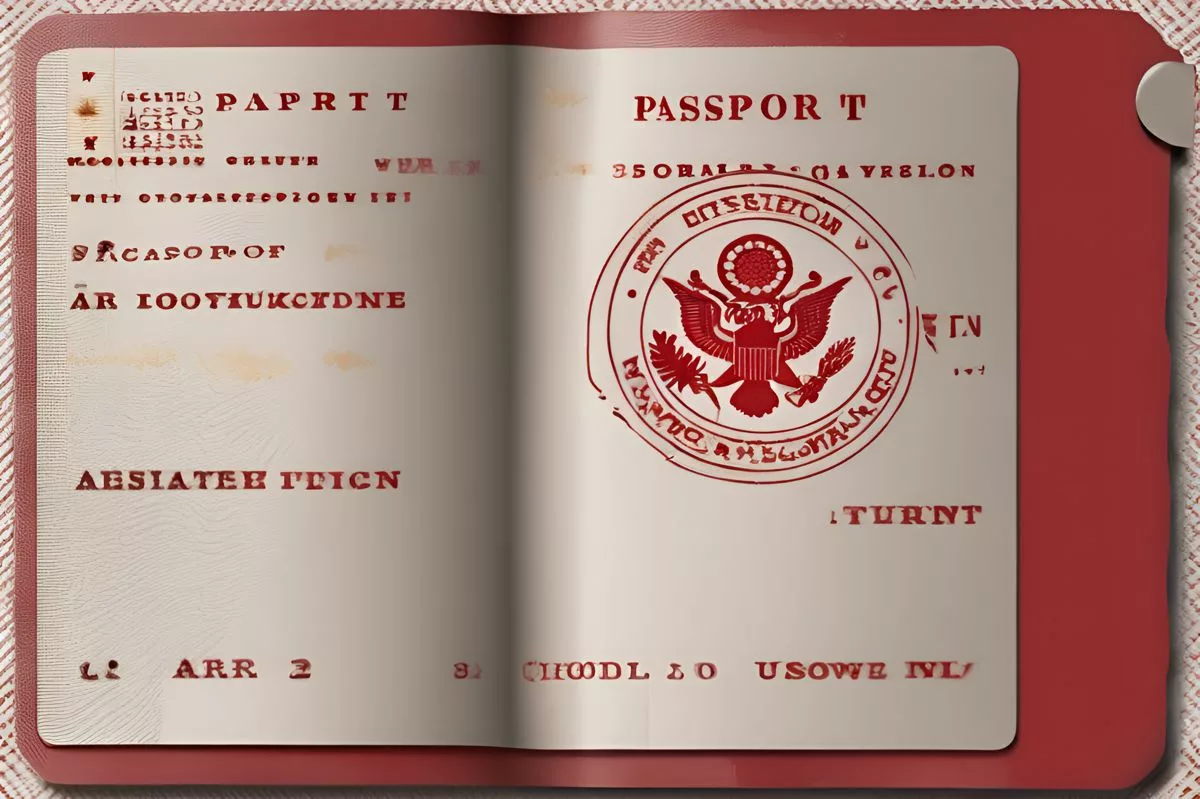Money plays a critical role in South African politics, particularly as the 2024 general elections approach. The Outlier, a data journalism platform, has analyzed the financial backers of political parties, revealing the significant influence of wealthy individuals and families such as Martin Moshal and the Oppenheimers. The financial strength of parties will undoubtedly shape the country’s political landscape, with the African National Congress potentially losing its position after three decades in power.
What is the Intersection of Politics and Finance in South Africa?
In South Africa, politics and finance are intertwined, with money playing a significant role in political campaigns. The Outlier, a data journalism platform, analyzes financial backers of political parties and the 2024 general elections, which are expected to be highly contested. Financial support for parties comes from individual tycoons and wealthy families, such as Durban-born entrepreneur Martin Moshal and the Oppenheimers. The financial strength of parties will undoubtedly shape South Africa’s political landscape.
In the world of politics, particularly South Africa’s political sphere, money is a critical component. As the 2024 general elections approach, the spotlight is not only on the candidates and their proposed policies but also on the financial machinery powering their campaigns.
Data Analysis of Political Patronage
At the core of this fiscal maze, The Outlier, a prestigious data journalism platform, interlaces its analysis to narrate a captivating tale about the financial backers of South African political parties. The thorough data collected from the Electoral Commission of South Africa (IEC) illuminates the significant actors in the political financial sector.
The eagerly anticipated elections, set for Wednesday, 29 May 2024, are already being hailed by political experts as the most suspenseful in South Africa’s democratic history. There’s an evident expectation that the African National Congress (ANC), the party in power since the inception of South African democracy three decades ago, might lose its position.
Decoding the Financial Affair of Political Entities
Exploring the financial intricacies of these political groups unravels a fascinating panorama. The Democratic Alliance (DA), for example, is financially backed by a single benefactor and a wealthy family, which has boosted its funding to a remarkable R164.3 million. This amount outshines the ANC’s current funding of R148.3 million.
The munificent benefactor is Durban-born entrepreneur Martin Moshal, currently settled in Sydney. Moshal, who earned his fortune through gambling technology, is the top individual contributor to local political campaigns. As an investor in the UK-based Betway gambling group, his financial power is indisputable. Moshal’s substantial donations make up a third of the total R437 million declared by the IEC.
However, Moshal isn’t the only supporter with an avid interest in South African politics. The Oppenheimer family, recognized as Africa’s third wealthiest family, also significantly influences the funding of political parties. According to The Daily Maverick analysis, a whopping 42% of the DA’s funds come from the Oppenheimers and Moshal.
The Influence of Wealthy Entities on Party Funding
The financial backing doesn’t end with the DA. Rebecca Oppenheimer, for instance, invested R15 million in Rise Mzansi, representing an overwhelming 90% of the party’s funding. The participation of affluent groups extends to investment firms Fynbos Ekwiteit and Fynbos Kapitaal, which injected R65 million into the DA. These companies, led by Capitec founder Michiel Le Roux, constitute a third of the party’s total funding.
Conversely, the ANC’s funding tale tells a different story. Half of its funding arises from longstanding trusts like Batho Batho and Chancellor House. Furthermore, these trusts exclusively support the ANC, with their collective contributions totaling R82 million. A significant portion – roughly a quarter of its total funding – comes from mining companies, with United Manganese of Kalahari contributing a significant R30 million.
Political Landscape Shaped by Financial Powers
This financial environment, marked by individual tycoons and affluent families, delineates a distinctive image of South Africa’s political parties. As the election draws closer, the financial strength of these parties will unquestionably be a significant factor in the evolution of South Africa’s political landscape. While the final outcome remains uncertain, the flow of funds and their origin persist in shaping the story of this vital democratic process.
What is The Outlier and what is its role in analyzing the financial backers of political parties?
The Outlier is a data journalism platform that analyzes the financial backers of political parties in South Africa. It uses data collected from the Electoral Commission of South Africa (IEC) to shed light on the significant actors in the political financial sector.
Which wealthy entities are significantly influencing the funding of political parties in South Africa?
Durban-born entrepreneur Martin Moshal, the top individual contributor to local political campaigns, and the Oppenheimer family, recognized as Africa’s third wealthiest family, are significantly influencing the funding of political parties in South Africa.
Who is Martin Moshal and what is his contribution to political campaigns?
Martin Moshal, an investor in the UK-based Betway gambling group, is the top individual contributor to local political campaigns in South Africa. His financial power is indisputable, and his substantial donations make up a third of the total R437 million declared by the IEC.
How does the funding of the Democratic Alliance (DA) compare to that of the African National Congress (ANC)?
The DA is financially backed by a single benefactor and a wealthy family, which has boosted its funding to a remarkable R164.3 million, outshining the ANC’s current funding of R148.3 million.
Who are the significant contributors to the funding of the DA, and how much of their funds come from these entities?
The significant contributors to the funding of the DA include Durban-born entrepreneur Martin Moshal and the Oppenheimer family. According to The Daily Maverick analysis, a whopping 42% of the DA’s funds come from the Oppenheimers and Moshal.
How will the financial strength of political parties shape South Africa’s political landscape?
As the 2024 general elections approach, the financial strength of political parties in South Africa will undoubtedly be a significant factor in shaping the country’s political landscape. With individual tycoons and wealthy families significantly influencing the funding of political parties, the final outcome of the elections remains uncertain.












